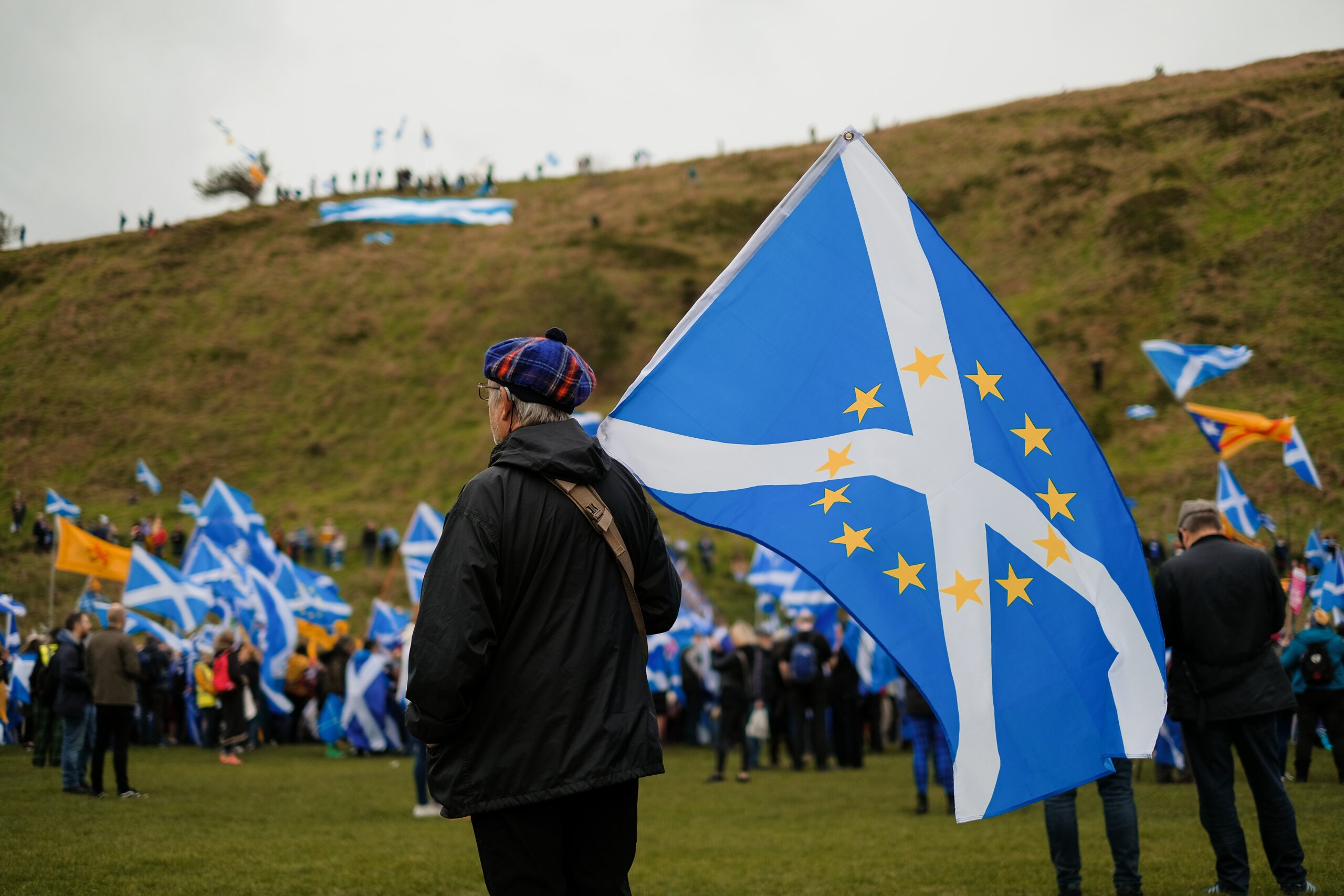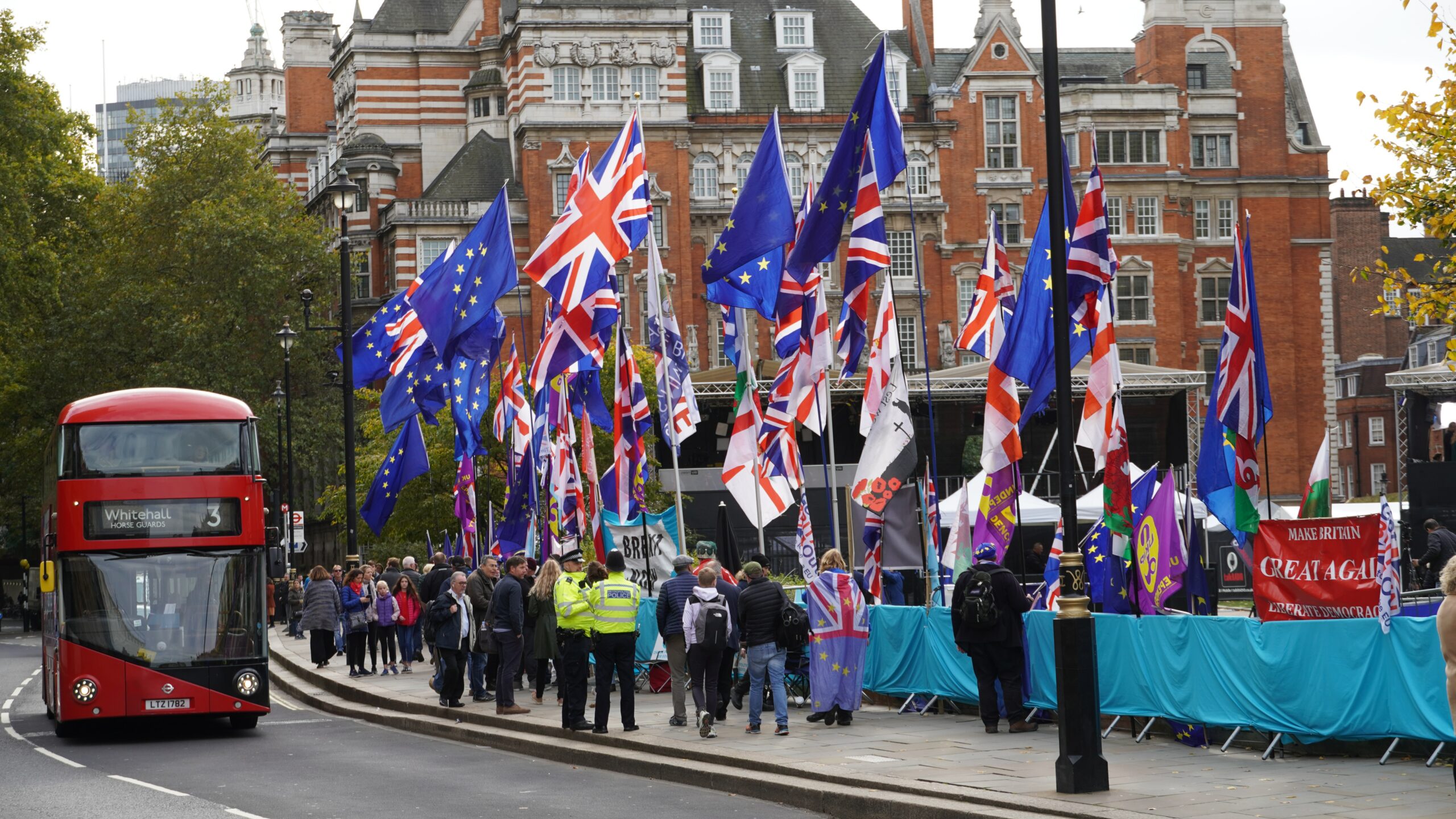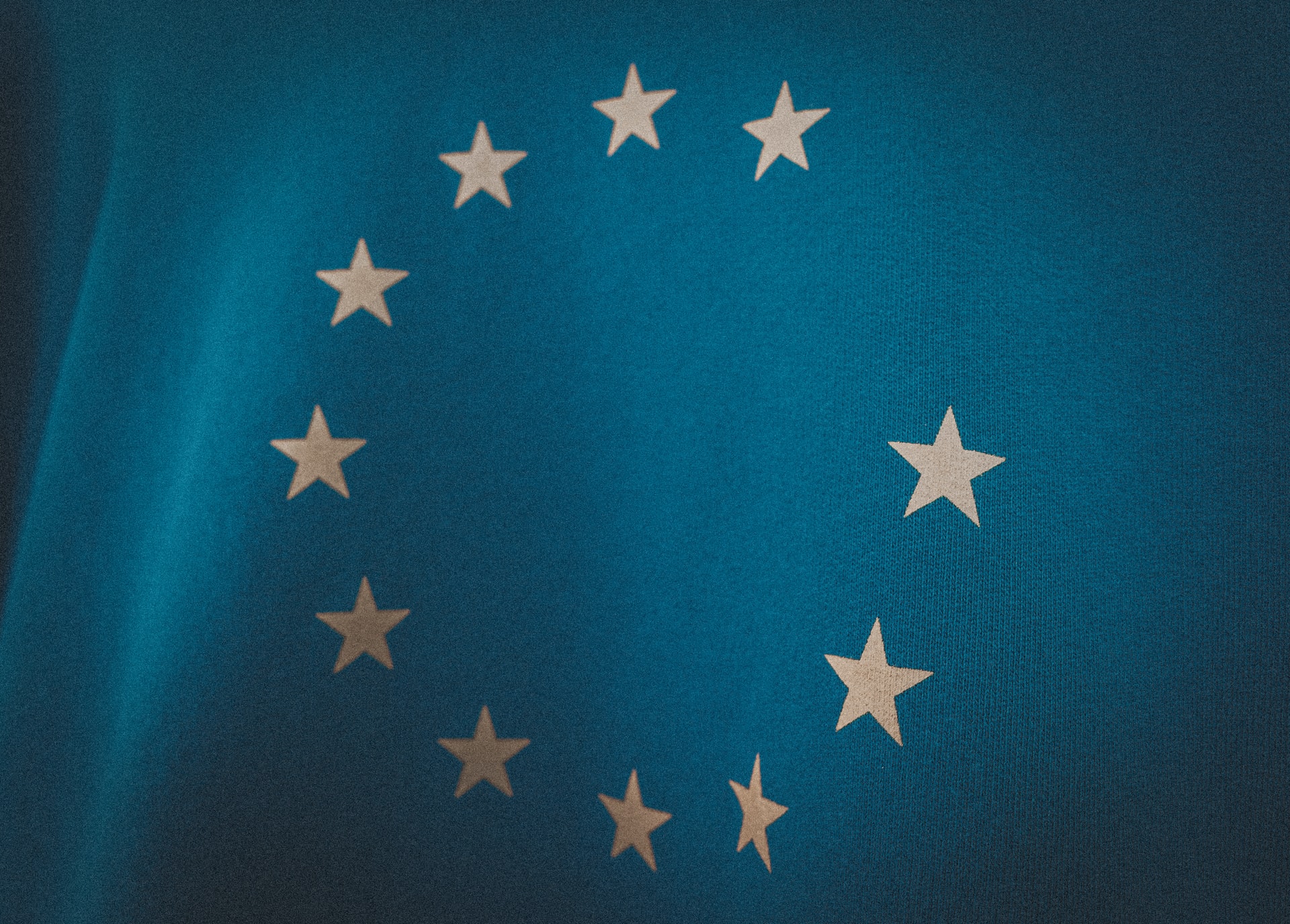After more than four years, the EU and UK have finally reached a last minute deal on how to proceed after the UK no longer has to abide by EU rules from 2021.
On June 23 2016, the UK voted to leave the EU by nearly 52 percent in favour. This outcome of the referendum clearly shows how fragmented the British population was with regard to its EU membership. Now more than four years later, they have finally reached a deal on how to proceed. Although Britain has officially already left the EU, December 31 2020 marks the end of the period in which Britons are obliged to adhere to EU rules. December 13 2020 was initially planned to be the last time on which Michael Barnier, chief negotiator of the EU, and David Frost, chief negotiator of the UK, would meet. The deal which was finally reached came last minute.
Topics on which it was difficult to reach consensus were rules for fair competition; access to the EU common market including the issue of tariffs; fisheries; as well as the settling of an arrangement for the new relationship between both parties. The latest state of the negotiations was particularly complex since there were only a few days left until the official deadline of reaching a deal expired. Experts viewed this as unsurprising since the most important concessions are expected to be made last minute. While Commission president, Ursula von der Leyen, on December 16 predicted that there was a path to an agreement on most issues, particularly fisheries seems to remain an unsolved issue. Although in both the UK and the EU fisheries contribute little to the economy, with only 0.1 percent in the UK, Brexiteers view fisheries as an important aspect of sovereignty and ‘taking back control’. But in the EU as well, fisheries is considered a highly sensitive political issue. According to the BBC, a compromise could have involved allowing a slightly lower number of EU boats in UK waters and a larger share for boats of the UK. According to Boris Johnson, the UK’s Prime Minister, it was likely that there would be no deal if the EU would not significantly change its position on fisheries, underlining the political symbolism of the issue.
In the first scenario, the case of a ‘no deal’, the UK would have left the EU’s common market without having a trade agreement regulating access to the market. Experts viewed this as a financially chaotic situation for both parties but the economic damage is expected to hit the United Kingdom much harder than the EU. A damage the European Commission tried to reduce by introducing special regulations for the most urgent important issues such as flight connections, passenger transportation, transport of goods due to licenses and tariffs as well as fisheries. The aim was to introduce special regulations as transition rules until an agreement on these issues is reached. However, a no deal scenario leaves Britons with great uncertainty since especially entrepreneurs are unable to calculate their productions given possible tariffs.
Besides the economic impact of Brexit, political issues such as membership of the UK played a role too. In case of a no deal, the issue of Scottish independence could have gained attraction again. Elections will be held in May 2021 and polls see the ruling Scottish National Party ahead. According to Nicola Sturgeon, head of the Scottish government, another vote on Scottish independence is not off table if her party will win the upcoming elections.

The second scenario was to agree on a deal. Although the European Parliament set a deadline for the current negotiations for December 20 to review a potential agreement and plan an extraordinary plenary session for possible consent, the negotiators missed to meet the deadline. Members of the European Parliament were concerned that a short deadline would only give them a short period to review a potential trade agreement. While usually trade agreements are negotiated for several years with which parliamentarians have three months of review, the potential trade agreement between the UK and the EU would leave parliamentarians with very few days of reviewing before giving it consent. While Michael Grove, minister for the Cabinet Office, announced before the agreement was reached that negotiations could have continued after christmas, which would have meant that a possible agreement would enter into force without the approval of the European Parliament, parliamentarians will now have to give their approval after the agreement will have already come into force. Although possible under EU law, a trade agreement has never been adopted only by the European Council and would potentially attract much criticism from the European Parliament.
The third scenario was a continuation of the negotiations. However, it seemed that the United Kingdom was not, opposed to what Prime Minister Boris Johnson claimed, prepared for a no deal. For instance, as reported in the news, there are simply not enough custom officials in the UK to control tariffs. Given that the EU is the UK’s most important trading partner with 43 percent of all exports and 52 percent of all imports, the introduction of tariffs, according to the WTO rules, would severely hit the United Kingdom’s economy. However, the legal character of the continuation of the negotiations is extremely challenging and the United Kingdom has repeatedly expressed its unwillingness to continue negotiations in 2021.

What both sides have now agreed on is free trade without tariffs and quotas, new rules for fair competition and a mechanism for dispute resolution in case these rules may be violated. One of the demands on which the EU was not able to assert itself is the adoption of the new EU standards for the UK. The agreement moreover includes future cooperation in areas such as energy, transportation, climate as well as terrorism. The trickiest aspect of the negotiations, fisheries, clearly illustrates the compromise achieved between both parties. The compromise now includes that EU boats can fish 25 percent less than before the agreement for a transition period of five and a half years. Whereas the UK first wanted that the decrease would be much higher than 25 percent, the EU wanted a longer transition period. After the end of the transition period, the UK can decide whether to exclude EU boats from its waters or not. However, in case of an exclusion, EU boats could either be compensated or the EU could exclude UK boats from its waters. The UK will no longer be part of the student exchange program Erasmus and other issues such as the recognition of professional qualifications as well as rules for financial services have not been resolved yet.
It can be speculated that the most recent mutation of the COVID-19 virus and the related border closures between France and England could have contributed to the importance of agreeing on a deal. The border closures caused miles of traffic jams on both sides of the English Channel, including a first impression of possible fresh food scarcities and other potential consequences without a deal. In the end, what was thought to be the greatest damage of a no-deal was averted and time will tell what the future holds for the UK and its relationship with the EU.

Miriam Laux
Writer for Utblick Magazine since Autumn 2020. Miriam is in her 3rd semester of the Master's program in European studies in which she specialized on the EU's foreign policy with a particular focus on migration. She is also interested in human rights topics.



